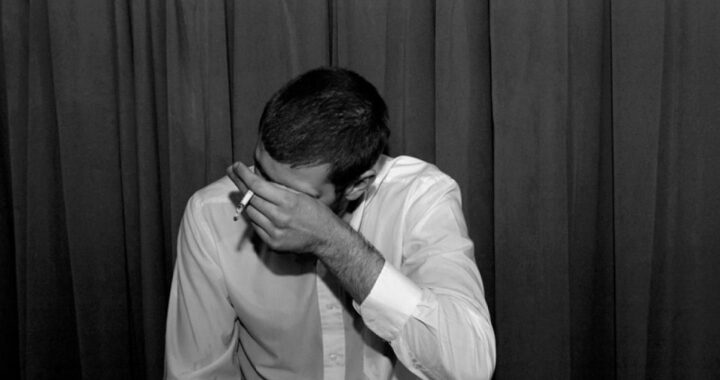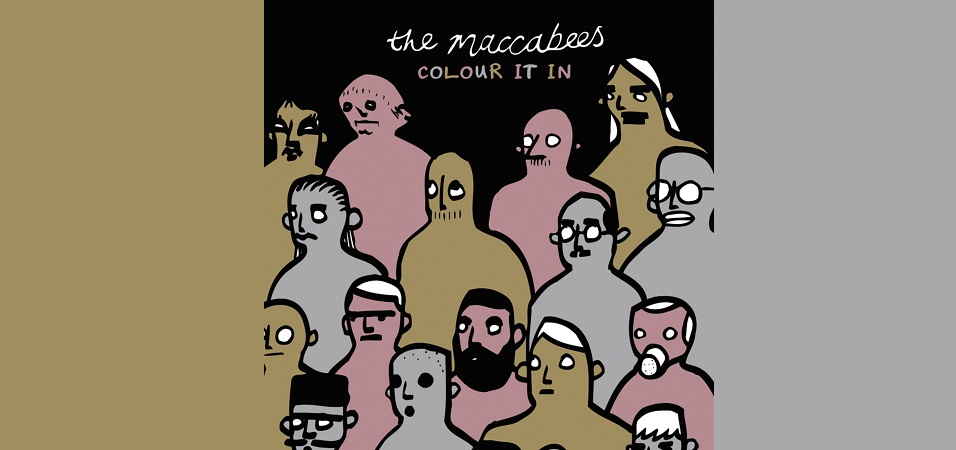Record Rewind: Michael Jackson – HISTory: Past, Present, Future Book 1
4 min read
In 1995, the King of Pop was solidifying his legacy after the previous tumultuous years.
Thanks to the format of this compilation (15 greatest hits with 15 all new tracks), Michael sneakily released to the pop world a new studio album on which he did whatever he wanted without turning off record buyers.
 Some of the greatest recordings in pop music ever are on the first disc (Billie Jean, Man In The Mirror), as well as the diverse tracks that show Michael’s versatility across genres (e.g disco with Don’t Stop Til You Get Enough, and rock with Beat It and Black or White). The iconic video moments are here too (Thriller, Bad). However, this disc suffers for being a few hits short, especially Smooth Criminal (remember the ‘lean’?).
Some of the greatest recordings in pop music ever are on the first disc (Billie Jean, Man In The Mirror), as well as the diverse tracks that show Michael’s versatility across genres (e.g disco with Don’t Stop Til You Get Enough, and rock with Beat It and Black or White). The iconic video moments are here too (Thriller, Bad). However, this disc suffers for being a few hits short, especially Smooth Criminal (remember the ‘lean’?).
Fortunately, the second disc has even more of Michael’s greatest moments committed to tape and holds its own as a solid Michael Jackson studio album next to Off The Wall, Thriller, Bad and Dangerous. The first five tracks are the strongest run of five tracks on ANY Michael album.
Scream (US #2) finally unites Michael with his superstar sister Janet as well as her main collaborators, producers Jimmy Jam and Terry Lewis. This industrial, furious twist on Michael’s earlier new-jack-swing work has Michael and Janet trying to out-sing each other whilst dishing out lines against their critics like ‘stop pressuring me, stop f—ing with me’.
The tribal-rock anthem They Don’t Care About Us is a highlight in the entire Michael Jackson catalogue. Michael’s own self-produced, self-written slant on ‘F— Tha Police’ has him snarling lyrics about police brutality and injustice (‘skinhead, deadhead, everybody gone bad’), over an infectious drum beat and soothing, heavenly harmonies.
Stranger in Moscow is the ultimate underrated Michael Jackson song. Michael’s production and songwriting haven’t been surpassed since, with Michael’s hypnotic beatboxing, the majestic ‘how does it feel?’ chorus, emotive lyrics (‘Stalin’s tomb won’t let me be’), an understated musical arrangement and Michael’s fragile vocals exploding like an exorcism in the final minute. This was clearly a tortured soul who poured his entire being out on this deceptively simple, beautiful masterpiece about the loneliness experienced on tour in Moscow.
This Time Around is another update of the new-jack-swing sound from the Dangerous LP and response to the haters. Michael embraces his African-American roots, curses even more (‘I’m taking no s—‘), pleads to the world that he wasn’t changing his race, nor was he afraid to fight back. and enlists the help of embattled rapper Notorious B.I.G, adding some serious cred to this track. He was p. The sound may be TLC producer Dallas Austin, circa mid-1990s, but Michael’s production input is apparent with his hiccups, heavy breathing and trademark stacked harmonies.
Michael goes to church and gives listeners ‘life’ with the gospel-influenced, epic pop ballad Earth Song. It kept The Beatles off #1 in the UK, and is a emotionally-charged cry to stop the destruction of the planet. Originally criticised as being too bombastic and preachy (which culminated in Jarvis Cocker’s bum-baring at the 1996 Brit Awards during a performance of this song), the track in hindsight is a reinforcement of Michael’s unwavering humanitarism. Michael provides some of his most passionate vocals ever, as he mourns then screams about the apathy of humanity to take care of itself (‘did you ever stop to notice all the children dead from war? Did you ever stop to notice this crying earth, these weeping shores?’). The track’s chorus is another masterstroke, as Jackson deliberately composed a wordless, universal ‘ah-ah-ahhhh-ah-ah-ah’ chorus for all listeners, regardless of cultural background, to sing along to.
The diatribes against the haters continue on the murderously rocky D.S. (which features Slash from Guns & Roses), Money, the hip-hop dance spectacular 2 Bad and Tabloid Junkie (which addresses those crazy rumours, features more of his robotic beatboxing and has more of Michael’s growling vocals that spit out his lyrics in disgust).
There’s an unnecessary cover of The Beatles’ Come Together (recorded back in 1987 for the Moonwalker movie). However, Michael’s vocals have an angry 1990s rasp to them, so this recording doesn’t sound too out of place on HIStory.
The fury is broken up by the classic R-Kelly-written pop hit You Are Not Alone (US #2), the poignant double A-side to Scream, Childhood (which features more of Michael’s saccharine but wondrously childlike production similar to Heal The World) and a fitting, modern remake of Charlie Chaplin’s Smile (which is apparently one of Michael’s favourite songs ever).
Michael was reconnecting with his audience by combining an adequate greatest hits compilation with an album that reflected his mood and tested the limits of his creativity. The anger exuded by the second disc may have been too much for listeners in 1995. The fact that this 2-disc compilation was subtitled ‘Book 1’ made listeners anticipate a ‘Book 2’ that would never come. On re-evaluation, it’s apparent that Michael unleashed everything he felt into his music, which seemed to be a solace for him. HIStory is overall a very revealing portrait of Michael Jackson: the performer, songwriter, producer, humanitarian and even the man behind the music.


